
THE RIGHT WAY
TO FAIL
The right way to fail
Many societies today place success on a pedestal and reject failure. Some would even argue that this is more pronounced in Asia.
In fact, a 2019 study by the Organisation for Economic Cooperation and Development (OECD) found that Singapore students were the most afraid of failure compared with their global counterparts.
In this highly digital age where everyone is constantly showing off their achievements and possessions on social media, it can be difficult not to compare ourselves to our peers and wonder if we’ve achieved society’s definition of success.
And this is why it can be argued that it is now more important than ever for us to reframe the way we look at success and failure as two halves of a dichotomy.
What is this alternative perspective? We should view failure as a natural part of the learning process and not the antithesis of success.
Famous scientists throughout history know this all too well. Scientific breakthroughs, after all, are the result of countless failed experiments.
In the words of theoretical physicist Albert Einstein, “Failure is success in progress”.
Thomas Edison also once said, “I have not failed. I’ve just found 10,000 ways that won’t work.”
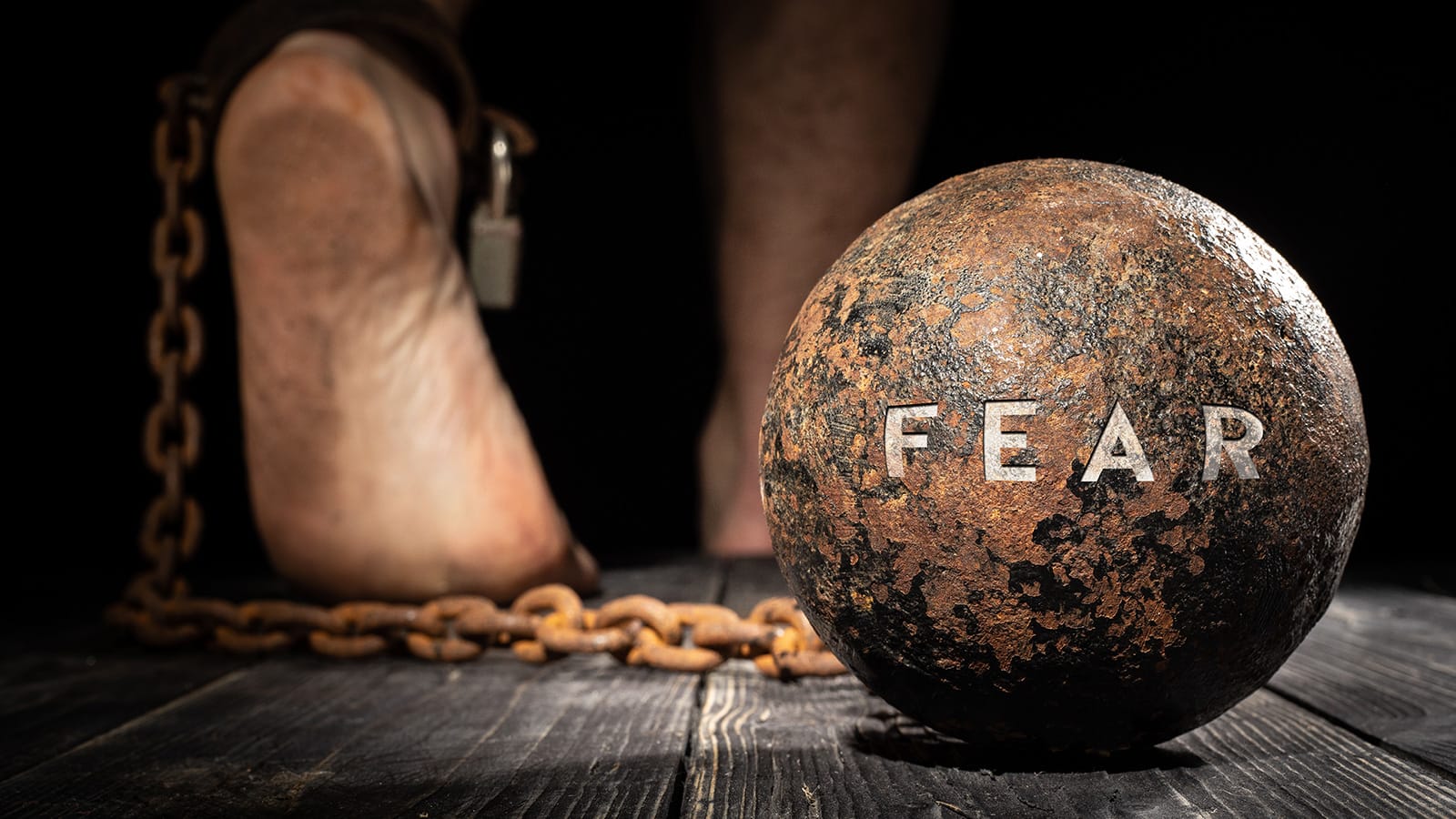
FEAR OF FAILURE
Many of us don’t realise this, but we fail more often than we think we do. As children, we often fall while learning how to walk and when trying to get the hang of cycling.
We then begin to learn that failing in certain contexts comes with negative consequences that we fear. Failing a math test, for instance, might get you grounded or reprimanded by your parents. Failing in a relationship would get you heartbroken.
At some point, we begin to associate failure with our sense of self-worth or lack thereof, and this is when things become problematic because this disposition can adversely impact our decision-making capabilities.
In the context of the start-up world, the fear of failure can lead to entrepreneurs opting for a play-it-safe approach and refusing to take calculated risks that could lead to successful outcomes. What eventually transpires is the start-up stagnates and stops growing. And just like that, its demise is almost guaranteed.
Even though many new start-ups are being set up every year, the fear of failure in society is still very real. In a 2023 survey by Statista, 64.5 per cent of respondents from China said that they were deterred from starting a business due to a fear of failure. Following closely behind was India, at 62.8 per cent. South Korea was the Asian nation with the lowest rating of 26.8 per cent.
It can be argued that it is critical for an entrepreneur not to view failure as a problem, because failure rates for start-ups are notoriously high. Some commonly cited surveys claim that as many as 90 per cent of start-ups eventually shutter.
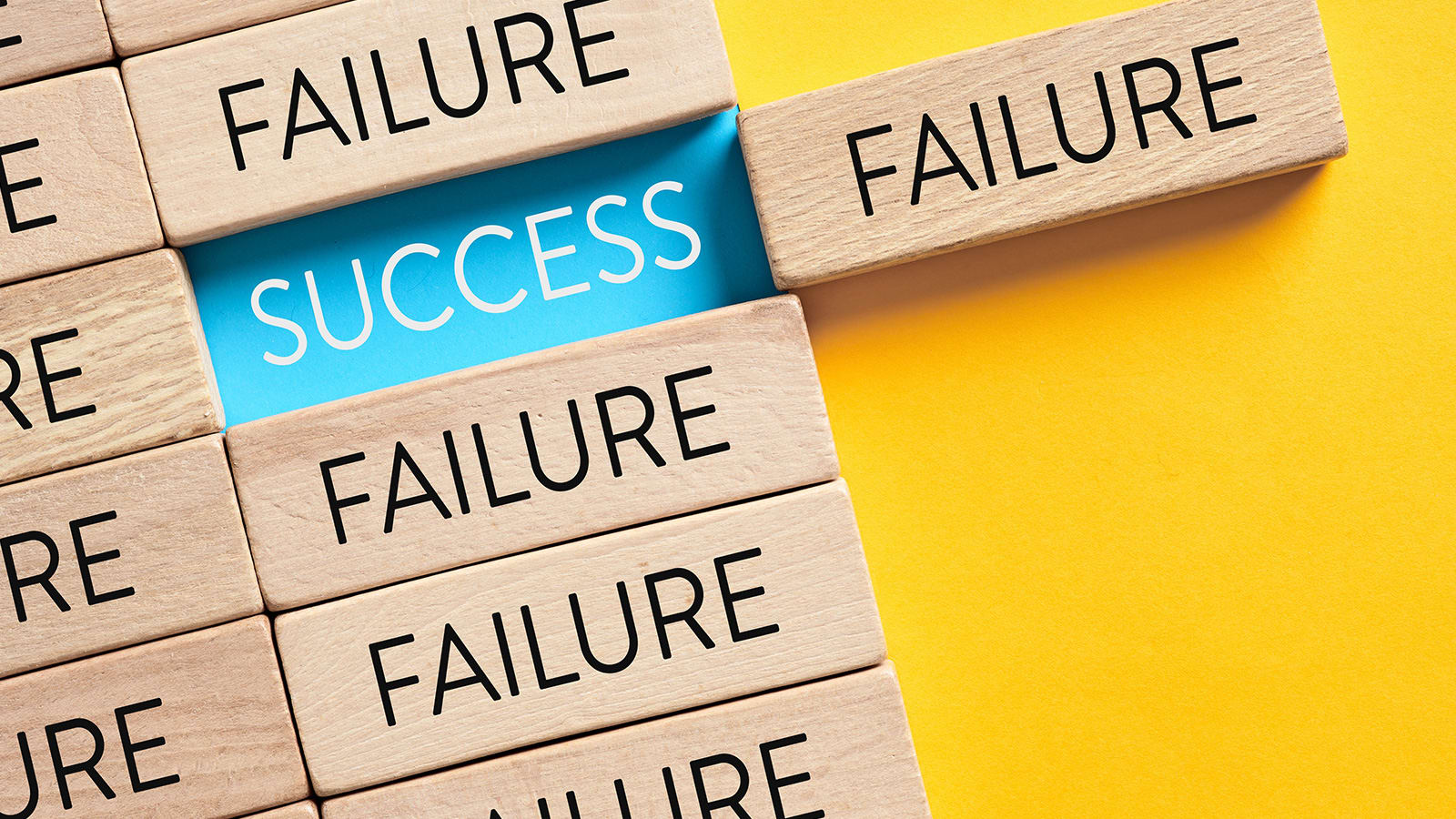
DO WE CELEBRATE FAILURE?
With more and more people entering the start-up fray every year, positive talk about failure and its benefits have been growing. Many celebrate failure and hail it as not just a means of learning, but also as a growth catalyst and an opportunity to try something new.
But it might be prudent not to celebrate all kinds of failure. Top executives and psychology experts have suggested that a distinction should be made been “good” and “bad” types of failure.
Harvard Business School professor Amy Edmondson, for example, posited that a “good” failure is one that is productive and allows us to gain new and useful information. Such failures are usually related to experimenting, which she noted is not rewarded enough in companies today.
“Bad” failures, on the other hand, are those that happen when people don’t learn from their previous failures. Such failures could also be caused by a lack of attention or training.
Amazon founder Jeff Bezos once shared similar sentiments in his book Invent and Wander: The Collected Writings of Jeff Bezos.
“I always point out that there are two different kinds of failure,” wrote Bezos. “There’s experimental failure - that’s the kind of failure you should be happy with.”
He then wrote about “operational failure”, which refers to failures that should have been prevented.
“We’ve built hundreds of fulfillment centers at Amazon over the years, and we know how to do that. If we build a new fulfillment center and it’s a disaster, that’s just bad execution. That’s not good failure,” he wrote.
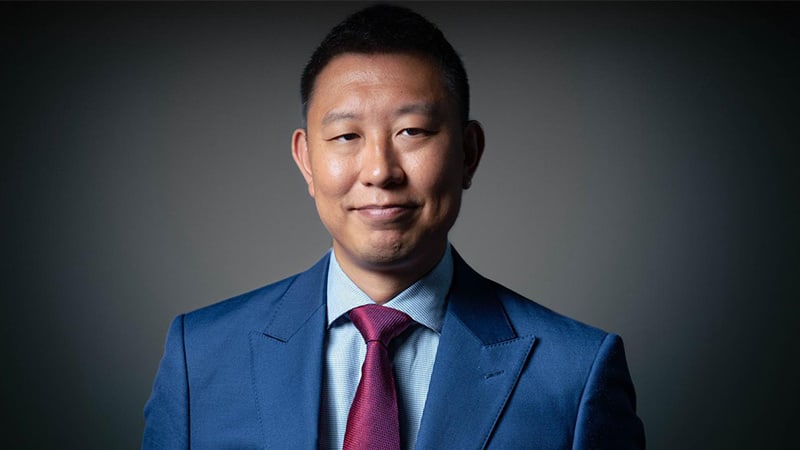
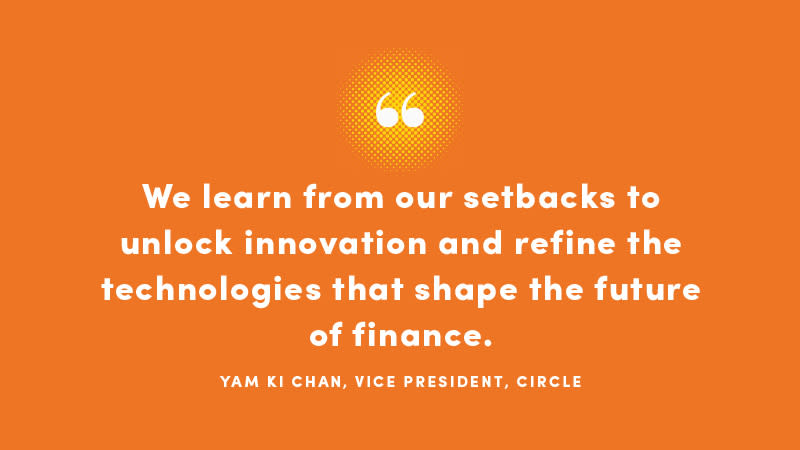
“When we are developing a new product or service or experimenting in some way, and it doesn’t work, that’s okay. That’s great failure. And you need to distinguish between those two types of failure and really be seeking invention and innovation.”
This hasn’t changed beyond Bezos’ time. In the field of emerging new technologies such as Web3 services, failure is important. As Yam Ki Chan, vice president for Circle puts it, “in the dynamic fields of Web3 and fintech, failure isn’t just inevitable — it is invaluable for the learning process. We learn from our setbacks to unlock innovation and refine the technologies that shape the future of finance. Each failure teaches us something new, pushing us closer to understanding our customers and the markets, ensuring that we’re always evolving”.
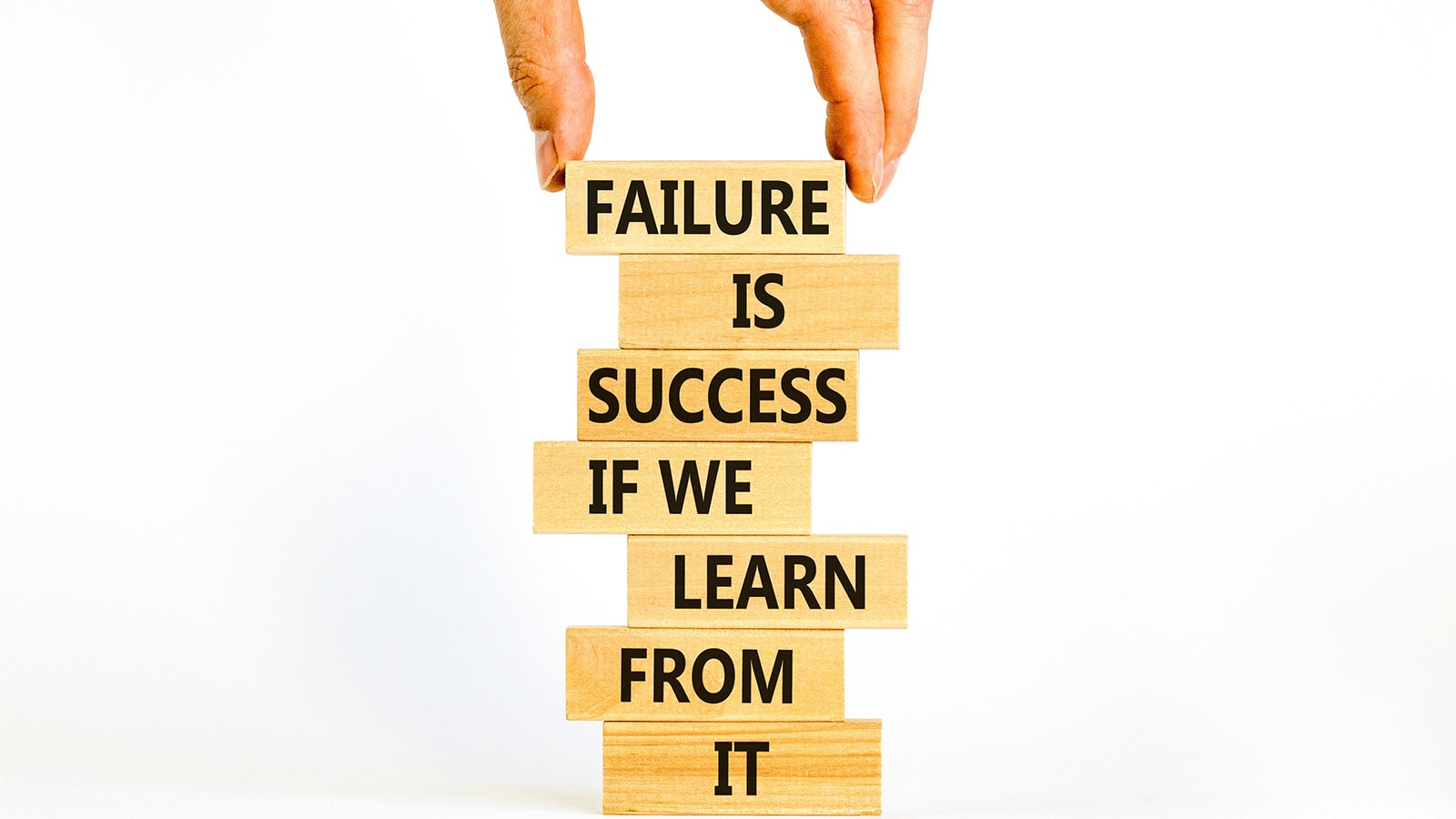
TACKLING FAILURE
Singaporean entrepreneur Theodoric Chew, who managed to raise a whopping S$23 million in Series A funding for his mental health start-up Intellect in 2022, echoes the sentiment about the relationship between embracing failure and innovation.
He pointed out that a study published in the Journal of Business Venturing shows that companies that adopt a positive approach to failure see a 30 per cent higher rate of innovation.
“In the mental health sector, where the stakes include the well-being of our clients, we’re particularly cautious about learning from failure. A setback in a product launch can be rectified, but we’re acutely aware that our services directly affect individuals’ lives,” he shared.
“Therefore, our approach to failure is deeply rooted in taking contained risks, such as through internal betas and focus groups, ensuring that our learnings always enhance our ability to provide safe, effective, and compassionate care.”
With regard to how he personally internalises failure, Chew said he first takes time to acknowledge and process the negative emotions before analysing what went wrong and why.
“If the failure is close to heart, I would encourage entrepreneurs to seek the wise counsel of the people around them. Their objectivity and outsider point of view can be very insightful,” he added.
Chew also pointed out that the notion of embracing failure should be one that is held by everyone in the company, and not just the founders.
“A company grows in creativity and resilience when team members feel empowered to take calculated risks and learn from both successes and setbacks,” he said.
“Ultimately, it’s this collective mindset that propels startups towards success in the face of adversity.”










